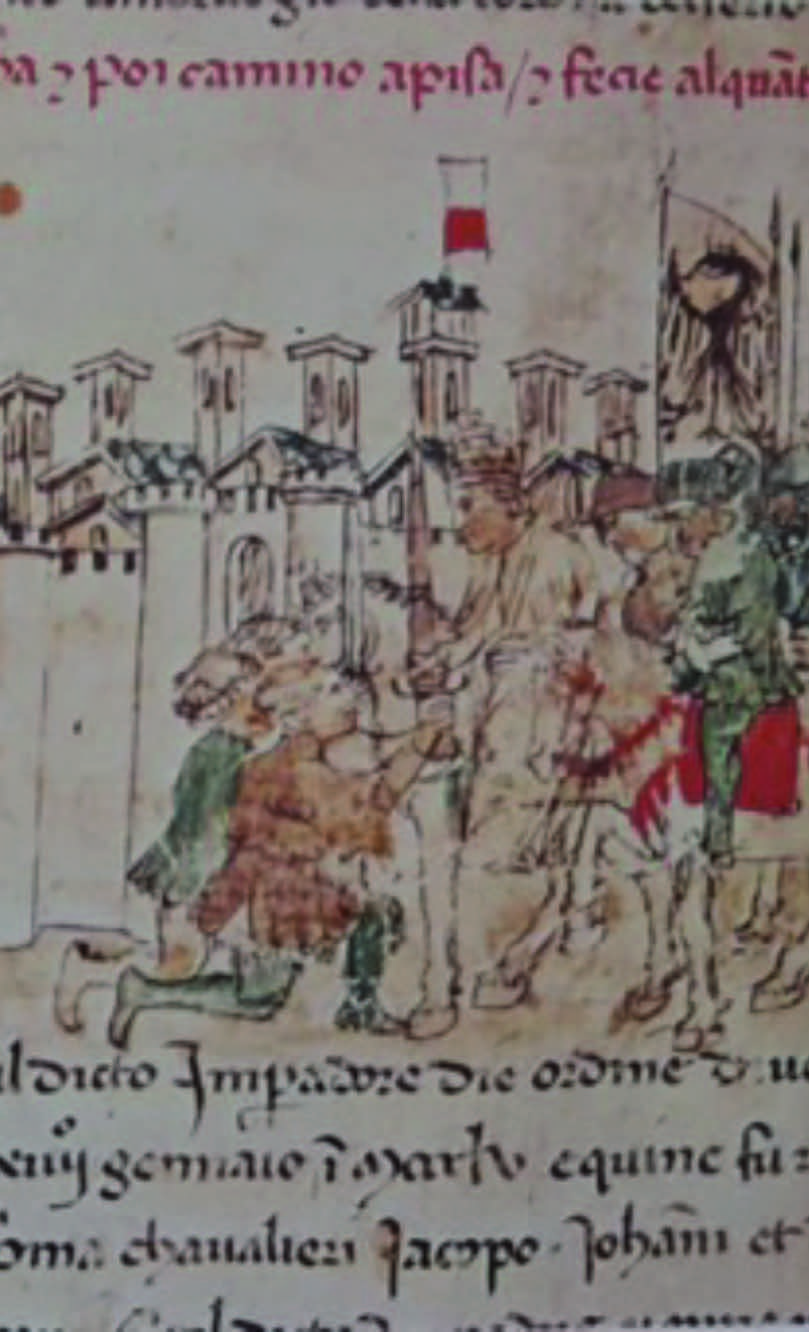Conference organised in the frame of the Let’s Talk About History! series of the Institute of history and the Luxembourg Centre for Contemporary and Digital History.
ABSTRACT
In Pisa and in Siena Charles IV’s entry into the city and the political action of the imperial vicars produced, both in 1355 and in 1368-69, radical changes in the political context. This lecture focuses on the reasons why in these two cities the presence of the Emperor and his representatives triggered political unrest. The key argument is that the Emperor’s entry into the city deprived city governments of the levers of power, that is to say of the repressive tools through which the ruling groups shored up their hegemony and stifled political dissent. Without these supports, political regimes collapsed more or less rapidly. The protected space that was created under the safeguard of the imperial authority not only opened up new opportunities for existing factions that were already active in the political arena, even though in a disadvantaged position, but also favoured the rise of new political actors that became the protagonists of political confrontation. These actors were the expression of social groups – woolen cloth manufactures, retail cloth merchants, other merchants that were “new men” and were not part of the city’s political and economic elite, artisans – that in the previous decades had been totally excluded from the political arena.
SPEAKER
Alma Poloni is Associate Professor of Medieval History at the University of Pisa, Department of Civilizations and Forms of Knowledge. Her research interests focus on the economic, social and political history of the Italian communes in the 13th and 14th centuries, with particular attention to the interconnections between economic dynamics, social mobility and political change. At the moment, her two main fields of research are: 1. The changes in the structure of international trade after the Great Plague; 2. The revolts of artisans and workers in Italian cities in the last decades of the 14th century.
The event will close with a convivial drink. Please register via Eventbrite: Book your free ticket
For further information, please contact lison.vercammen@uni.lu.
Let’s Talk About History! (LTAH) is a series of public conferences organised by PhD candidates at the Institute of History and the Luxembourg Centre for Contemporary and Digital History.
